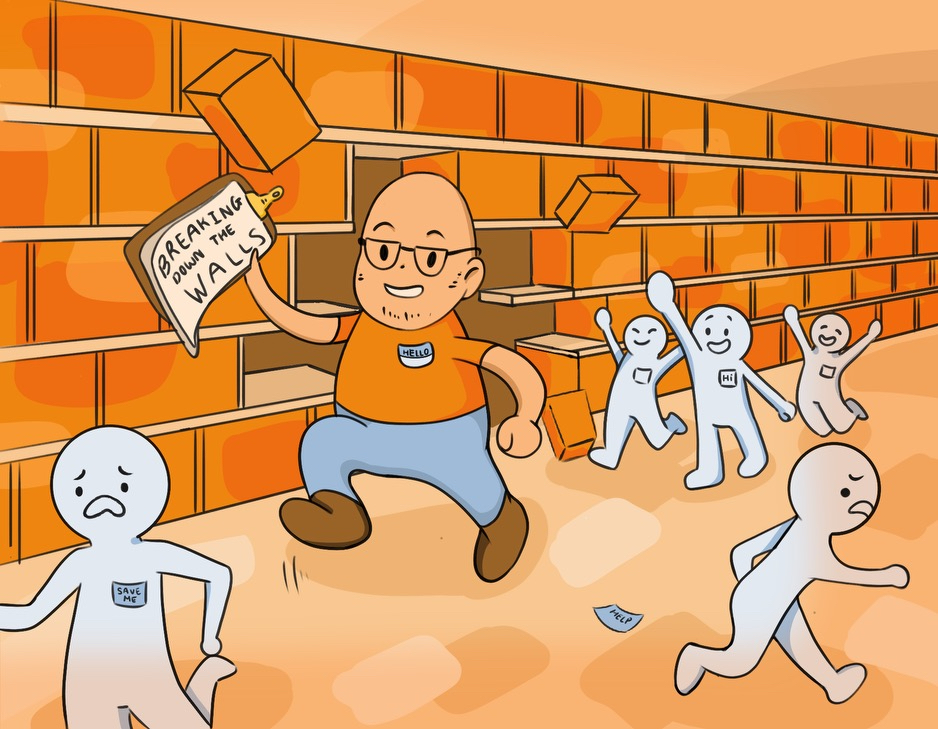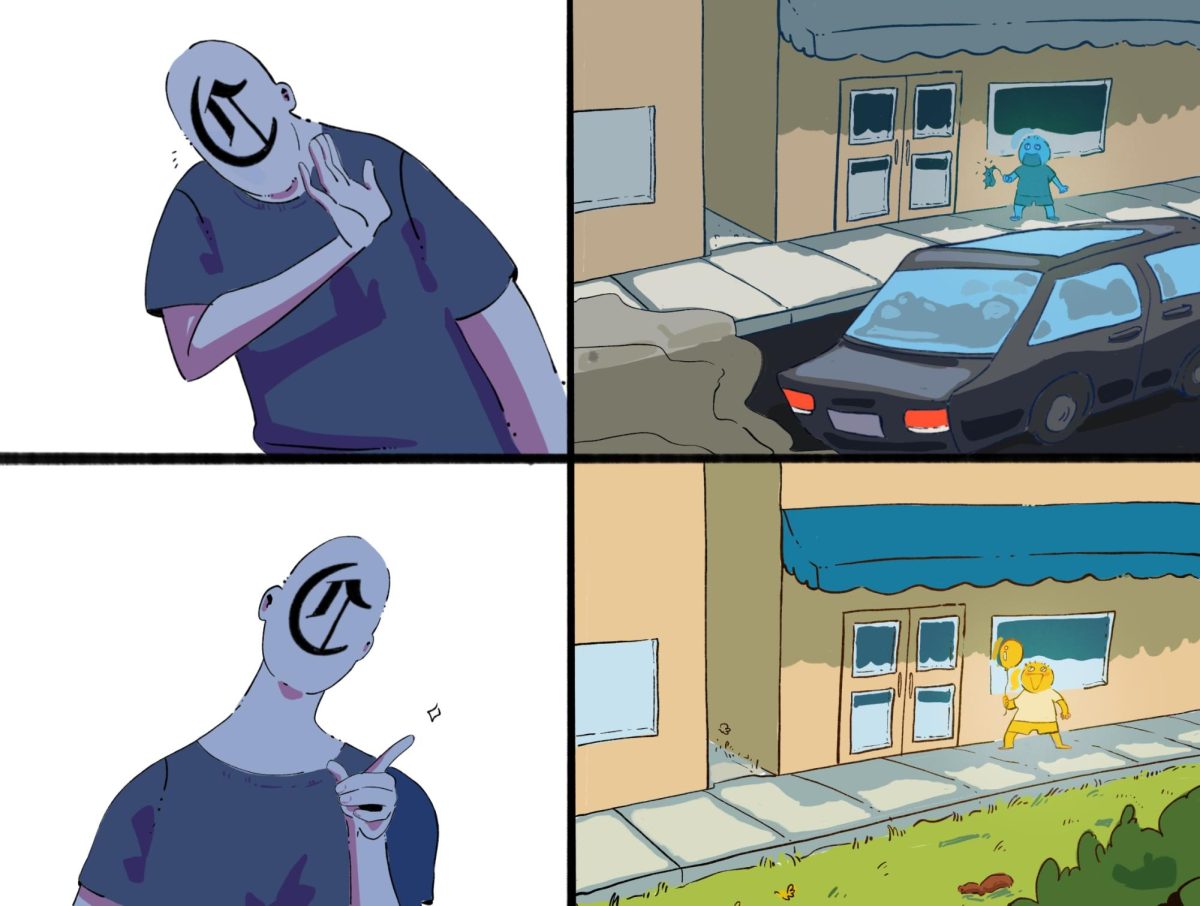A common discrepancy amongst Palo Alto High School teacher advisors (TAs) is the prerequisite of individual meetings for writing letters of recommendation; individual meetings provide TAs with an avenue to get to know their advisees outside of their advisory setting but are not universally offered. The Campanile recognizes the efforts of Paly’s administration and teachers involved in the TA system, and applauds the advantages they’ve given to students through providing a counseling method more personalized than those provided by most public schools throughout the nation. However, The Campanile believes an implementation of a mandatory one-on-one meeting for all TAs and their advisees is a viable objective that would strengthen teacher-student relationships and improve the quality of students’ counselor recommendations.
Apart from short forms and previous interactions with the teacher, a TA has no real basis for his or her letter of recommendation. Ideally, every advisee would have their TA as a classroom teacher at least once in the course of his or her high school career — however, for most students, this may not be possible. Many students end up having little to no interaction with their TAs outside of advisory, which potentially hinders TAs’ abilities to write college recommendation letters that wholly represent students’ characters and performance throughout high school.
The majority of major colleges and universities require counselor recommendations, making these letters a crucial aspect of each student’s college application. Status quo, the TA system allows for letter-writing that is already more student-specific than that provided in schools where, for example, a single counselor writes recommendations for hundreds of students. However, a guaranteed TA-student meeting would allow for TAs to gain additional perspective and an even greater understanding of their advisees. Ultimately, this would further dissolve any students concerns about generic or broad recommendations.
Additionally, the lack of individual interaction between some TAs and their students prevents the potential of genuine bonding, and hinders conversation that might be significant but too personal to initiate in a classroom setting. Individual meetings set the arena for a TA to not only make sure his or her students are on track with their graduation requirements and college work, but to ensure that their advisees are stable and aware of the on-campus staff support network that exists to help them. This mandatory meeting would improve the already high-quality TA system, ultimately transforming student-staff relationships into ones that extend beyond simply academic guidance.






